Charles A. Dainoff, Robert M. Farley, and Geoffrey F. Williams answer questions about their new book


Charles A. Dainoff, Robert M. Farley, and Geoffrey F. Williams answer questions about their new book
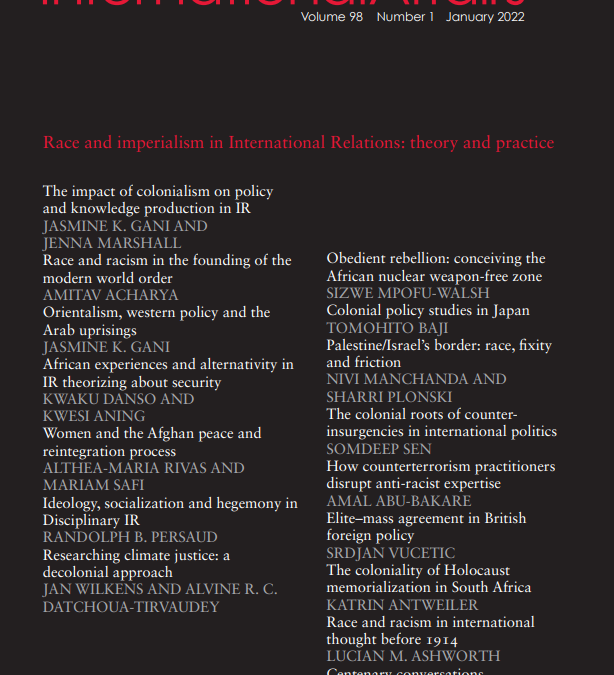
International institutional policy, shaped by a globally entrenched explanatory framework of development and underdevelopment, perpetuates the suppression of knowledge production aimed at challenging social, economic, and political injustices by elites across the global South

Intra-elite, state-centric society is a strategic front, and ought to be defended and put to use in the continued development of a global and decolonial turn in IR.

The special issue’s concerns could easily be a passing ‘fad’ as the forces of the status quo bide their time. A focal point on race, necessary as it is, could elide class and material factors’ influence on world politics.
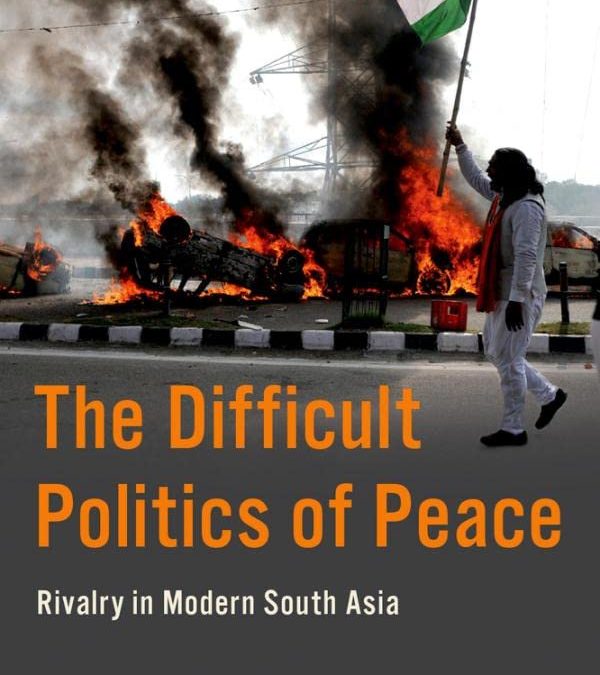
Christopher Clary on his new book, which looks at why international rivalry is a hard habit to break.
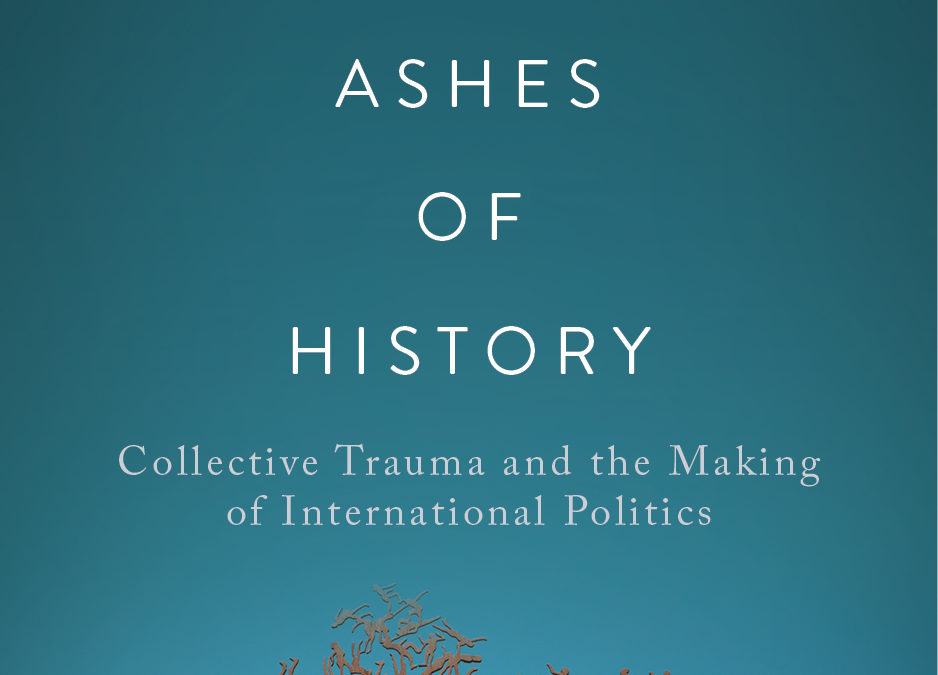
What are the answers?
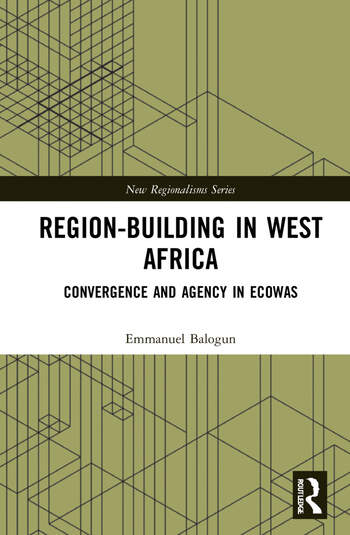
Our next Bridging the Gap Book Nook features Emmanuel Balogun, an assistant professor of political science at Skidmore College and Bridging the Gap's inaugural Diversity, Equity, and Inclusion Fellow. He discusses his new book Region-Building in West Africa: Convergence and Agency in ECOWAS. https://www.youtube.com/watch?v=RLVZp56pL4Q

Climate change will exacerbate many of the political, social, and economic forces that generate conflict and insecurity – with enormous consequences for humanity.

Our next Bridging the Gap Book Nook features Tom Long of the University of Warwick. He discusses his new Oxford University Press book, A Small State's Guide to Influence in World Politics. https://www.youtube.com/watch?v=glKAammexM8

You’re not going to like this book.
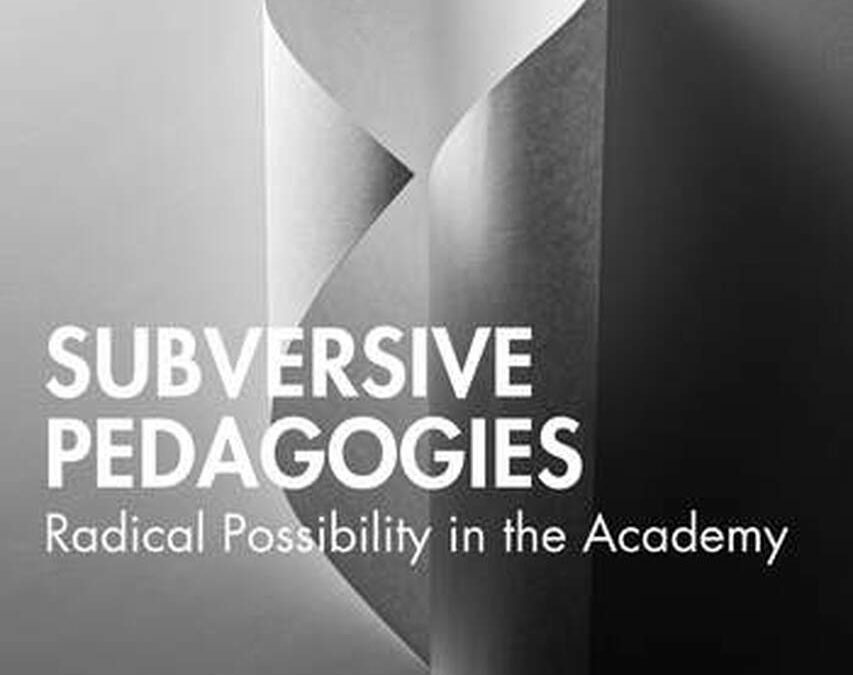
The volume calls on international-relations instructors to make use of “subversive pedagogies” — ones that embrace a more holistic understanding of teaching. It invites academics to interrogate what we teach, how we teach, where we teach, and whom we teach.

Articles by authors with foreign-sounding names are cited far less than those written by people with “typically-American” names.